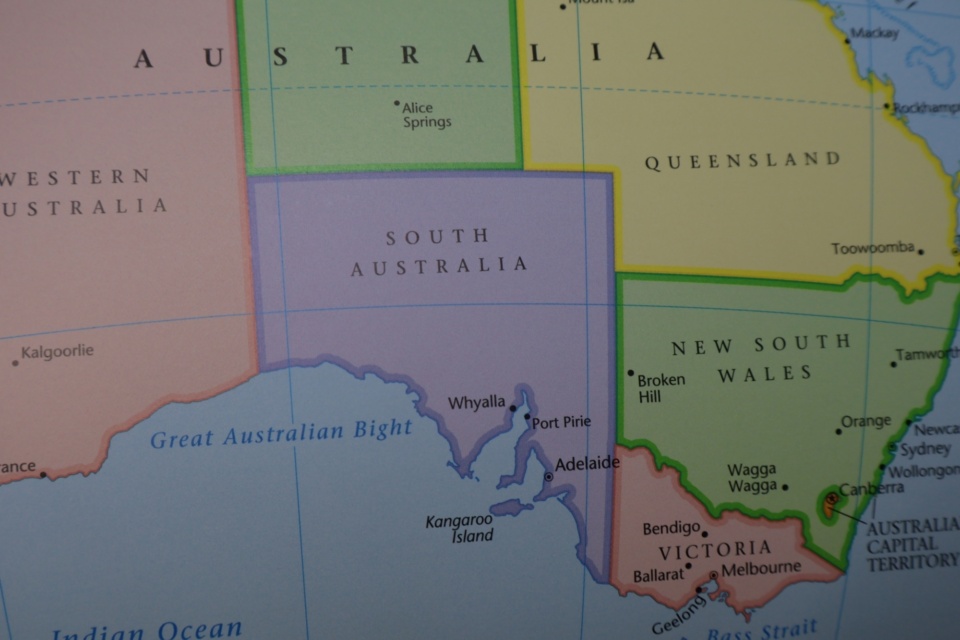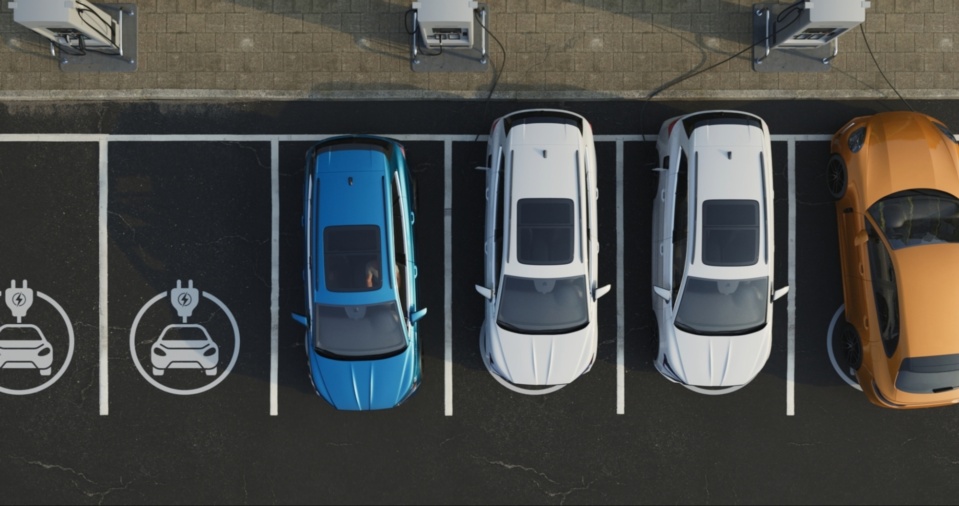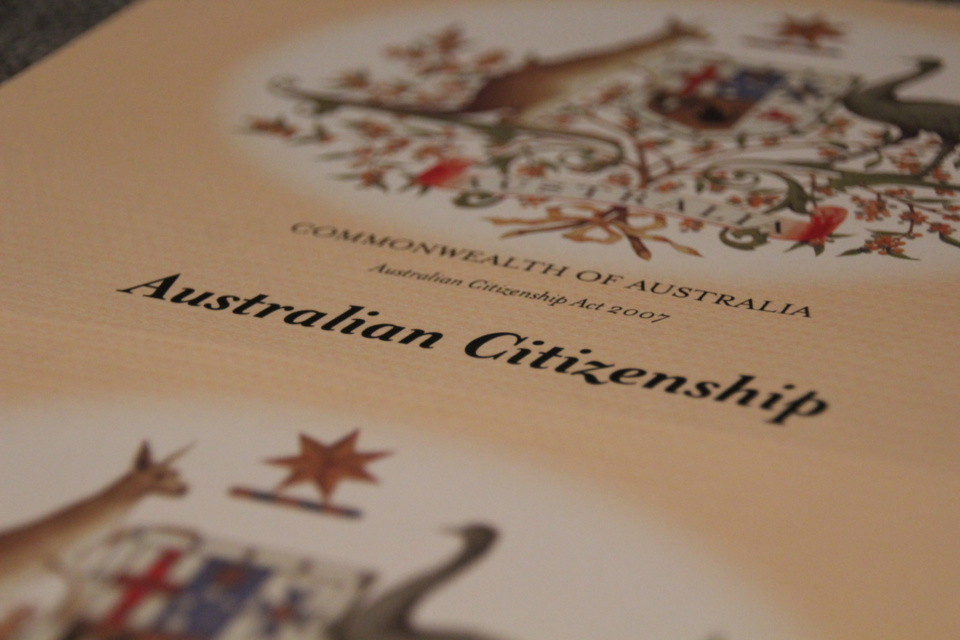
For community groups, federation is an eight-part headache
Posted on 03 Dec 2025
If you wanted an example of the problems inherent in federal systems, you couldn’t do better than…
Posted on 20 Jun 2023
By Denis Moriarty, group managing director, Our Community

Australians. Could they conceivably get more demanding?
Let’s look at the evidence.
TV current affairs shows, newspapers and online outlets are competing to start a groundswell of complaint that op shop prices have increased, are increasing, and ought to be diminished.
“Items that might once have sold for a few dollars in a charity shop are now priced at $20 or even $30.” “You used to go in and pay $2 or $5 – and now, for the same thing, you're paying $25 and upwards." A Sydney Vinnies shop is apparently offering a designer T-shirt for $350.
What is it about the word “op” that makes people overlook the word that follows it? They’re shops. They sell things. They sell things in order to make money. They prefer to make more money rather than less money.
Op shops do start with some advantages. In the main, they deal in goods that people give them and they don’t have to pay for. Most of the time, they are staffed (on the ground) by volunteers who don’t have to be paid. They can afford to price their stock lower than comparable commercial enterprises without risking going out of business.

But why would they want to? The reason people give things to the Red Cross and Vinnies and the Salvos and the rest, and the reason these organisations can ask people to volunteer behind the counter, is that they do good things for people in need. That’s why they want the money in the first place. If you can’t afford it, fine, come to the front desk and say so and we’ll see if we can work something out.
The more money these charities have, the more people they can help. They can maximise their take by pricing their goods at whatever level the market will bear – a bit lower, perhaps, to promote the general feeling of cheerful hopefulness that everybody feels entering an op shop, but in the same range.
Op shops are not designed primarily to supply cheap goods to the public at large, because the public at large is not in need. Specifically, the Australian public is, taken as a whole, the richest generation in the history of the world. Yes, there are still large numbers of people who don’t share fully in the general prosperity, and they are the groups that the charities spend their takings on. If you pay more, they’ll have more.
If we were designing a scheme to aid the poorest people in society, the last thing we would do is to set up an enormous complex of retail outlets selling furniture, clothing, books and glassware below cost to households with an average income of $52,000. Most of the benefit would go, as it now does, to people who don’t need it at all. If Twiggy Forrest drops in, they don’t mark his purchase up: he gets his copy of Geoffrey Archer for $2, same as anybody else.
To be sure, large op shop chains already have systems that are supposed to divert high value items to higher-value outlets. The Brotherhood of St Laurence, for example, steers its fashion items to the Hunter Gatherer store in Fitzroy. Other chains pick out the antiques and dispose of them to dealers, or online. Good for them.
Australians give much less to charity than they can. Of the money they do spend in the charity sector, a surprisingly large amount – $1.3 billion a year, overall – is spent rather than given. The “donor” gets a raffle ticket, or entry to an event, or something from a charity auction, and they count themselves virtuous to the value of the full ticket price rather than (as in any fair moral calculus) only the difference between the price paid and the value of the item.
In op shops, though, we go beyond even this. We’re getting, by definition, something that’s cheaper than we could have got it somewhere else – a Proenzer Schouler t-shirt for $350, say, that’s normally sold for several thousand dollars, from Vinnies in Sydney’s Summer Hill – and we think we’re very fine for supporting such a good cause. No; ethically speaking, you’re shoplifting.
Every time I go into an op shop and riffle through the bins I too have the forlorn hope that I will happen across a first edition of Tolkien, or a sketch by Tom Roberts, or the Holy Grail. It happens all the time on Antiques Roadshow, after all. That’s the particular charm of the genre. If I leave with no more than a couple of Agatha Christies and an old DVD of Brideshead Revisited, though, I don’t feel cheated. But I don’t feel virtuous for having got myself a bargain, either.
Our charities minister, Andrew Leigh, is doing his utmost to shake up the charity sector. After all, he is an economist, and even he would say, pay your fair share to charity – it needs you.
Denis Moriarty is group managing director of Our Community.
We're proud to take a stand on progressive issues. Here's a taste of our commentary.

Posted on 03 Dec 2025
If you wanted an example of the problems inherent in federal systems, you couldn’t do better than…

Posted on 19 Nov 2025
When it comes to loyalty to car brands, it can be confusing who we should support, and, even more…

Posted on 05 Nov 2025
Before the Prime Minister gets too excited about his recent meeting with the American President, he…

Posted on 14 Oct 2025
The idea of "long term" is not something that sits well in the social media era, yet governments…

Posted on 30 Sep 2025
I am proud of what Our Community, and its exceptional team, have achieved in the past 25 years. As…

Posted on 16 Sep 2025
Happy Australian Citizenship Day! To mark the occasion, Our Community leader Denis Moriarty takes…

Posted on 02 Sep 2025
Words live, evolve, and sometimes die. Some words are invented from scratch, some are old words…

Posted on 26 Aug 2025
The cost of the National Disability Insurance Scheme (NDIS) is climbing relentlessly – $44 billion…

Posted on 04 Aug 2025
The new leader of the Liberal Party, Sussan Ley, wants to increase the proportion of women…

Posted on 08 Jul 2025
The United States wants Australia to spend more on its armed forces. That’s the way nations talk…

Posted on 26 May 2025
When it comes to citizenship, Australians want to have their cake and eat it too, writes group…

Posted on 19 May 2025
The lack of judicial partisanship in Australia compared to the United States is something to be…